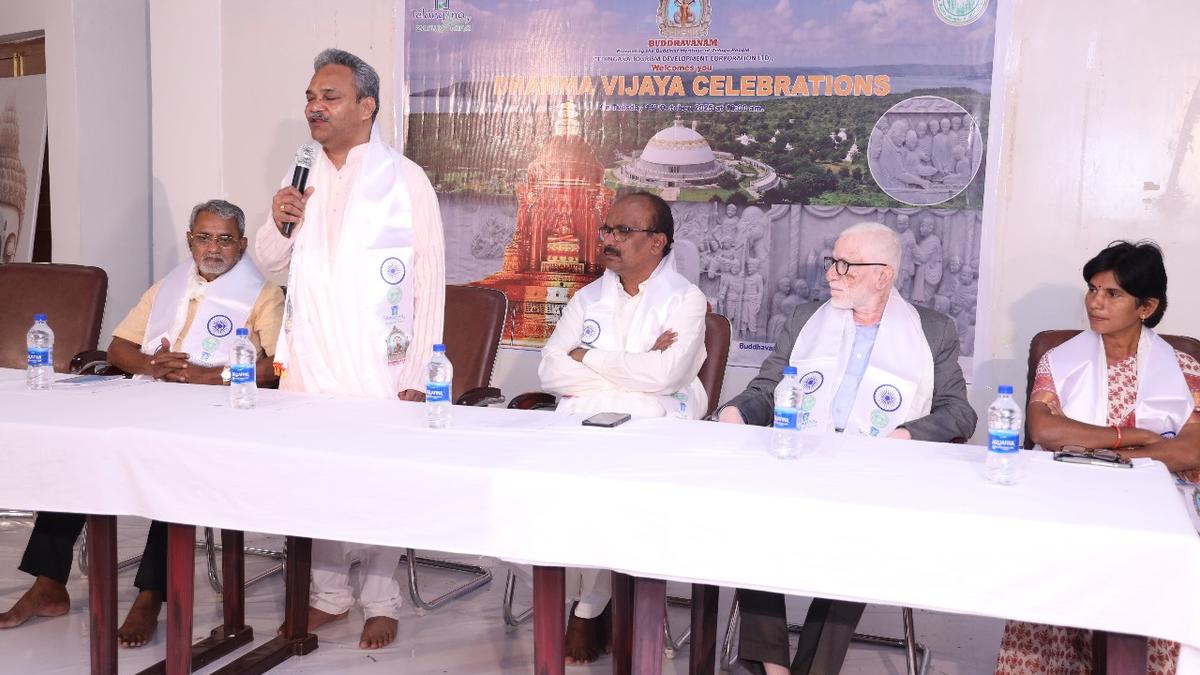Karnataka Skill Development Policy 2025-32, recently approved by the Cabinet, has recommended the strengthening of Industrial Training Institutes (ITIs), Government Tool Room & Training Centres (GTTCs), and Karnataka German Technical Training Institutes (KGTTIs) and German language training for its students to enhance their employability in global markets.
It has also called for mainstreaming skill development with school and higher education system, curriculum rationalisation, and gender-inclusive skill development.
Among 271 government ITIs in the State, a total of 26 ITIs do not have their own buildings. Therefore, the policy recommended fully functional workshops with new infrastructure and modern equipment to ensure equitable access. Moreover, it advocated for courses in emerging trades such as automation, robotics, and advanced manufacturing in 39 ITIs, supported by specialised tools and resources for quality training.
To strengthen technical training, 31 specialised skill labs along with state-of-the-art libraries (one per district) will be established in government ITIs targeting high-demand sectors in each district, the policy stated.
“Training, Counselling, and Placement Cells (TCPCs) will be set up in all ITIs to improve career guidance and employability. Industry visits and workshops will be organised regularly to provide practical exposure and strengthen industry collaboration. Digital and communication skills will be strengthened through the establishment of 134 advanced computer and language labs,” it added.
To attract students towards ITIs, the policy proposed for specialised courses. “Specialised courses will be introduced in emerging fields such as renewable energy technologies, advanced robotics, and cybersecurity to align with evolving industry demands,” it said.
Additionally, National Skill Qualification Framework (NSQF) aligned certification programmes will be launched in collaboration with industry bodies to validate and enhance skill sets.
Karnataka currently has six government and six private Junior Technical Schools (JTS), offering foundational technical education at the school level.
To strengthen and expand this system, the State will upgrade existing JTSs and establish at least one JTS in every district in a phased manner by upgrading existing government schools, as per the policy.
To strengthen vocational education and promote upward mobility for skill-based learners, Karnataka will adopt a decentralised model of establishing Schools of Vocational Education within existing public and private universities.
Under this programme, engineering colleges will provide knowledge-sharing, guidance, and capacity-building support to the ITIs.
Currently, enrolment of women in government ITIs remains very low, limiting their access to industry-relevant skills and employment opportunities.
Therefore, during the policy period, Karnataka will target raising women’s enrolment in ITIs to at least 33%, supported by a range of gender-inclusive interventions.
“To encourage greater participation of girl students, fee waiver will be introduced for all girl trainees pursuing vocational training at government ITIs. Scholarships for girls enrolling in GTTCs and KGTTIs will be provided,” it stated.

 1 week ago
11
1 week ago
11








 English (US) ·
English (US) ·